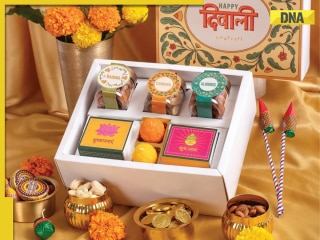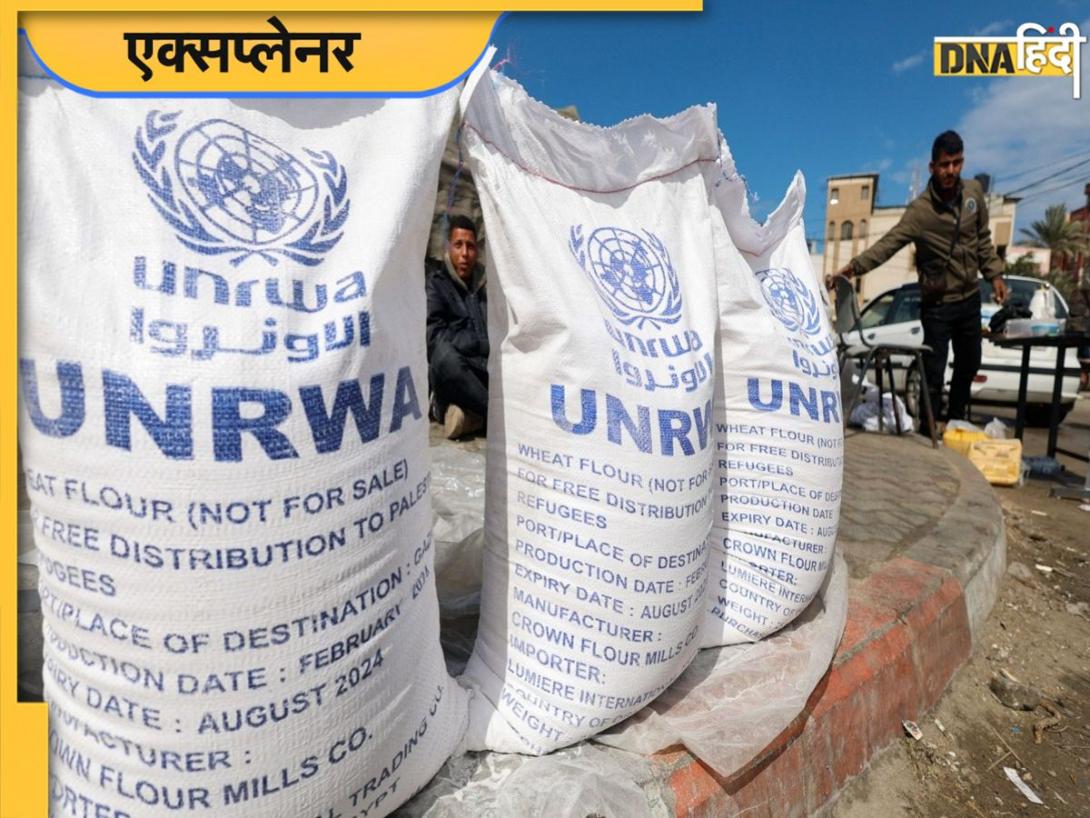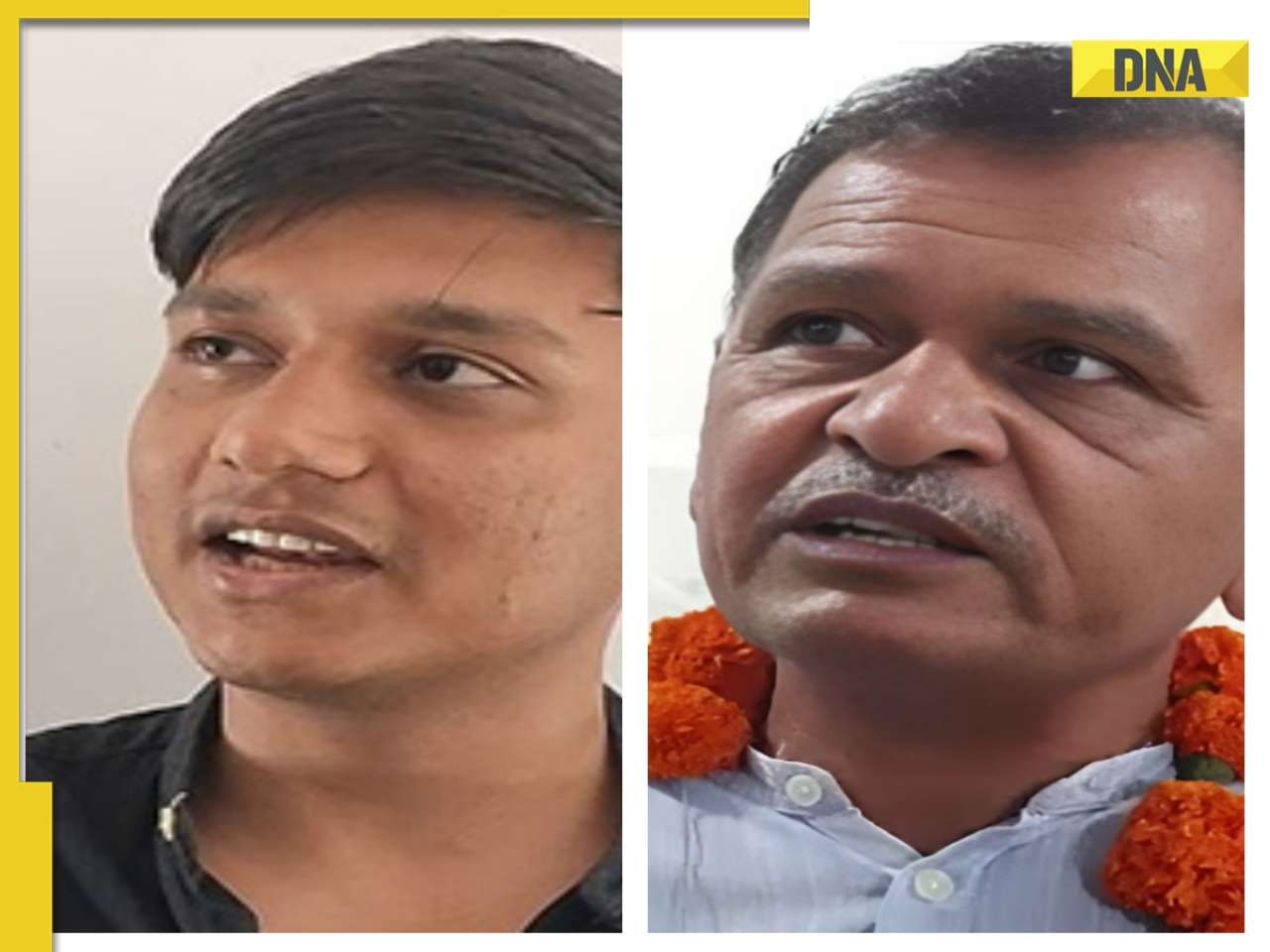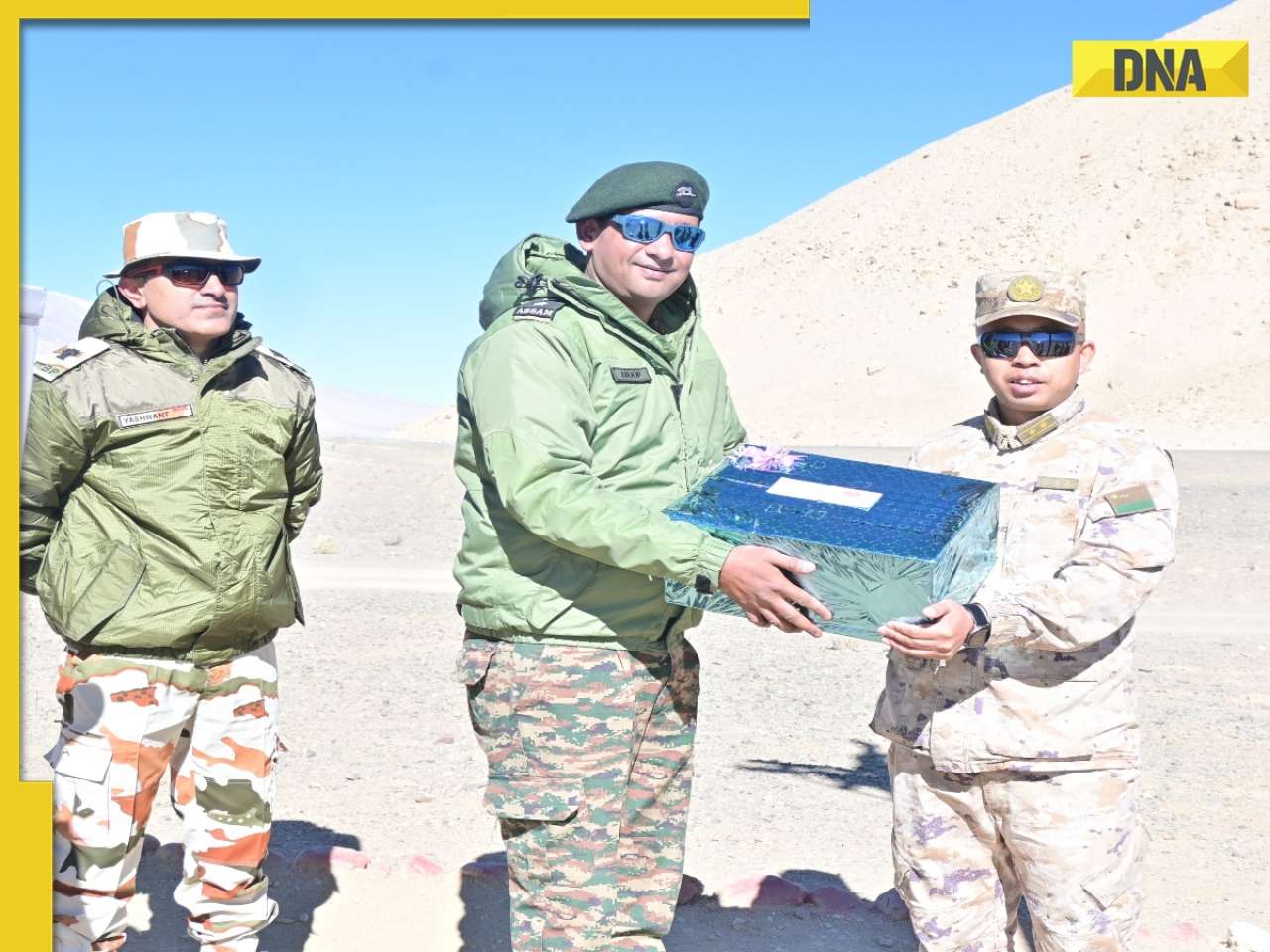- LATEST
- WEBSTORY
- TRENDING
ANALYSIS
Balance your earth and water elements for better health
The human body, just like the entire universe, is made up of the five elements earth, water, fire, air and space.
TRENDING NOW
The Indian lunar calendar months Shravan and Bhadrapad are considered the monsoon months. The rains though, begin in the previous month, Ashaadha, and sometimes continue after Bhadrapad. In the western calendar, the rains in India come across June, July, August and September. Like the outside sun in the sky, the Agni or fire of the body is also dim in this period and in turn the digestive power is also affected. The environment is filled with various microorganisms — viruses, bacteria — and all kinds of insects too. The air outside is continuously humid and the air in the lungs too has greater water content. It requires more effort by the body to absorb oxygen from this moisture-laden air. To be able to face the natural, seasonal challenges in these four months, important guidelines have been laid down. These disciplines help to ensure that all the functions of the body run properly through this time, to check unnecessary expenditure of energy and help recharge ourselves. It is not that we need to follow these disciplines by the book, from the exact day or moment that chaturmas begins until the moment it is deemed to end. This is recommended behaviour that may be applied in accordance with seasonal changes taking into consideration the location on earth and geography.
The human body, just like the entire universe, is made up of the five elements earth, water, fire, air and space. The principle element in the order from gross to subtler is earth. The earth element is responsible for so much construction in our bodies, from hard and dense bones to the softest tissues of the brain and plays a huge role in our health. In this season, we need to ensure special care of the earth element. Thus, the first god that we worship at this time, Shree Ganapati, loves modak as prasad, a recipe that is particularly nourishing for the earth element in the body. As part of the Ganesh festival, people go to different trees and flowers and collect them as required for the rituals. The original norms require the devotee to pluck these offerings and perform the rituals themselves. As a result, we end up ensuring contact and absorption of the required qualities from these plants that will help us remain strong through the season. The manner in which we celebrate this festival together, going to one another’s homes, promotes the things that need to keep society together, namely sensitivity, empathy, friendship and community living. This festival is a useful guard against physical, psychological as well as social and communication problems. Socially, the displays of arts and design, lectures, music, performances and skills that are associated with the festival, help people express themselves and become a community. Shree Ganesh is also worshipped by those who desire children.
Next is the water element. Our lack of sensitivity and care towards the water element has resulted in its pollution and disturbance in Nature’s cycle. The resultant effects are reflected in the form of extreme floods or droughts on our planet. The visarjan of Ganesh and the period of ancestral obligations make humans more aware and alert of nature and water. The water element mirrors life on the planet, in totality with all the physical traits and the emotional moods. Yet unlike the mirror which doesn’t remember the image it reflects, water keeps a store of the information and events of everything that happens. Water needs to remain pure and full of consciousness, else the pollutants and problems it stores with get reflected back into the human being. It is part of our responsibility to ensure the purity of this element.
Ayurveda advocates to always boil the water before drinking, as this does more than just kill bacteria. In fact, gold-cultured water is the minimum most effort to be taken by everyone. Several medicinal herbs, like in Jala-santulan powder and contact with a little gold during boiling, are highly recommended. Ayurveda goes further to say that if the water is boiled until one-eighth of its original volume, it functions as a general health medicine.
What exactly is the root cause of our problems, what exactly affects us most? Are our faulty habits and addictions or the misjudged company we keep harming us? Or is it our own genes, handed down over generations by our family ancestors? Modern medicine concludes that heredity plays a major factor in many chronic, metabolic to life-threatening diseases. Considering all the above factors, contemplating on the cause and working on removing all these in-built programs in us, is the purpose of this pitrupaksha or the ancestral fortnight. In Indian culture, humbleness or surrendering the ego is a part of the spiritual evolution. Thus, during this fortnight, forgiveness is asked for all known-unknown, wrongdoings committed by us or any of our family members including ancestors, as a positive step towards dissolving our karmic blocks. It includes atonement for not helping or supporting our family and friends in times of need and to mend relations to experience the joy of togetherness.
The development of energy from element to element, chakra to chakra in the body continues during the following few months until Deepawali, a subject that should certainly be explored by one and all.
The author is founder of Atmasantulana Village, a world-renowned holistic healing centre. ayurveda@dnaindia.net







)
)
)
)
)
)
)
)
)
)
)
)
)
)
)
)


























































